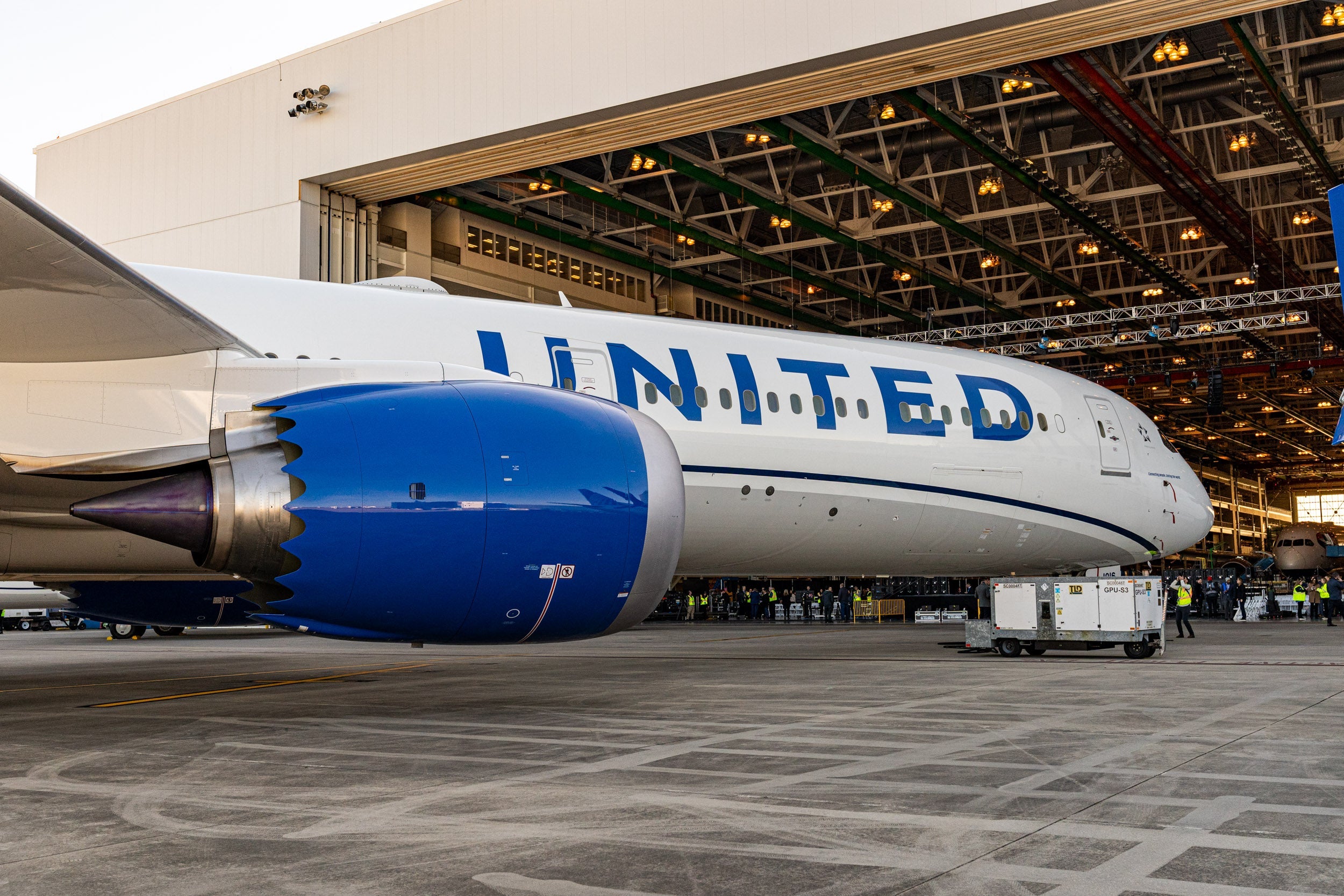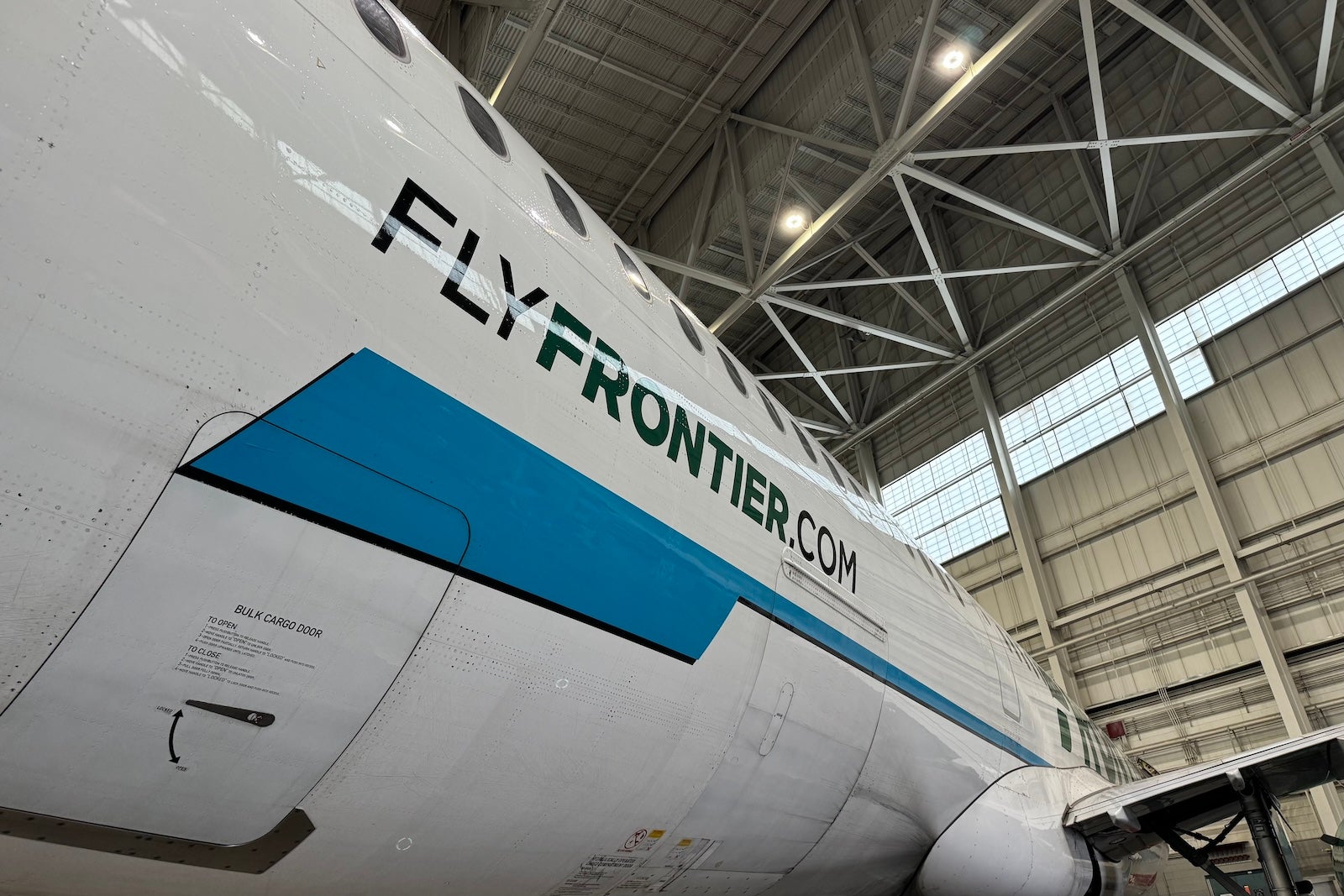United Airlines is scaling back its international network, announcing the discontinuation of flights to two key cities: Dakar, Senegal, and Stockholm, Sweden. These changes signal a strategic shift as the airline re-evaluates route performance and focuses on maximizing efficiency.
The decision to halt service between Washington D.C. and Dakar will take effect March 5, 2026. The route, launched with initial optimism in May of this year, utilized a Boeing 767-300ER and aimed to capture demand from government, corporate, and leisure travelers. However, passenger numbers consistently fell short of expectations.
Internal data revealed average load factors – the percentage of filled seats – hovering between 65-70%. This contrasted sharply with competitor Delta Air Lines, which maintains a significantly higher 75-85% load factor on its Dakar route via New York. The airline determined the aircraft could be deployed more profitably elsewhere.
Similarly, United will discontinue its Newark to Stockholm route, a service originally established by Continental Airlines in 2005. Despite being a long-standing summer fixture, the route faced intense competition from Delta and Scandinavian Airlines, particularly as SAS recently shifted alliances following bankruptcy.
Airlines frequently reassess new routes, and it’s not uncommon to see them discontinued if demand doesn’t materialize. United’s move exemplifies this practice, prioritizing resource allocation to routes with stronger potential for profitability.
This restructuring isn’t a retreat from expansion entirely. United recently unveiled a slate of new destinations for the summer of 2026, including cities in Croatia, Italy, Scotland, and Spain. These additions demonstrate a continued commitment to exploring emerging markets.
The airline will continue operating most of its 2025 expansion routes, including seasonal service to Spain, Portugal, Greenland, and Italy. This selective approach highlights a focus on data-driven decision-making and a willingness to adapt to changing market conditions.
United’s strategy underscores a broader trend in the airline industry: a relentless pursuit of efficiency and a willingness to abandon underperforming routes in favor of more promising opportunities. The changes reflect a dynamic landscape where airlines must constantly refine their networks to remain competitive.






